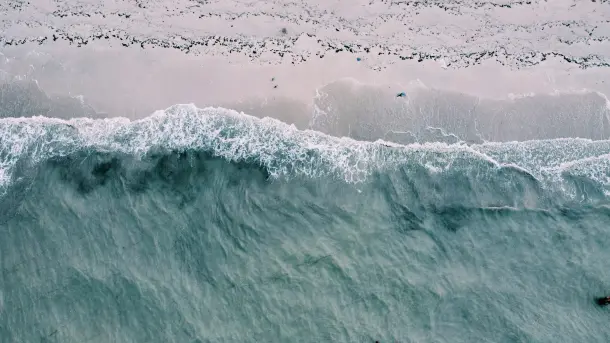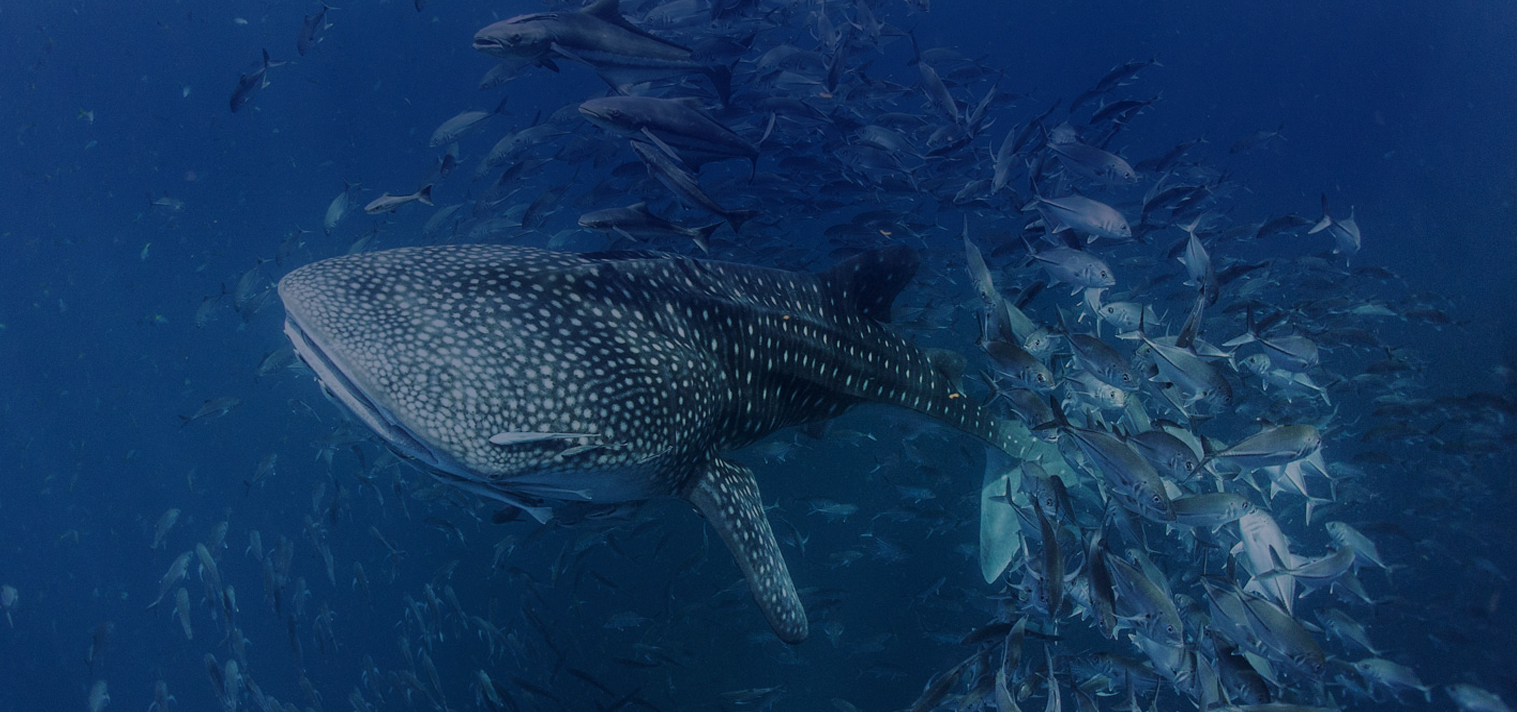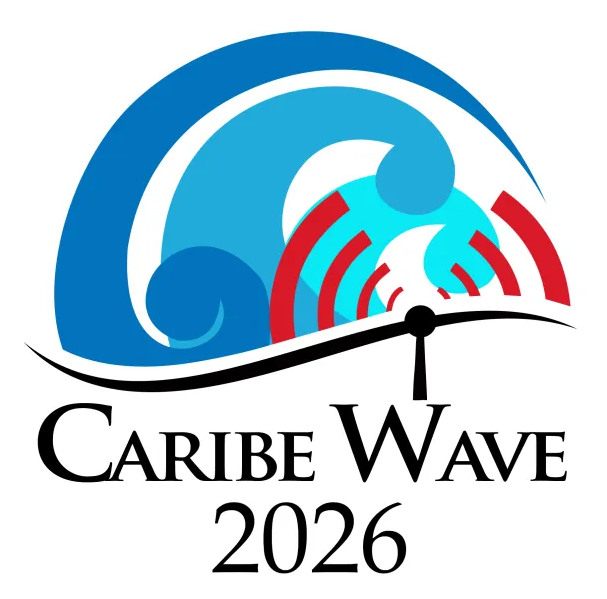Pacific Ocean tsunami: UNESCO's early warning system proves once again its effectiveness
 Following the powerful earthquake originating off the coast of Russia, UNESCO's early warning systems triggered a tsunami alert within just ten minutes. Thanks to this global monitoring system which UNESCO has been deploying for more than 20 years, as well as the Organizations’s efforts to raise awareness among coastal populations and lead research in ocean science, millions of people were warned ahead of the coming danger.
Following the powerful earthquake originating off the coast of Russia, UNESCO's early warning systems triggered a tsunami alert within just ten minutes. Thanks to this global monitoring system which UNESCO has been deploying for more than 20 years, as well as the Organizations’s efforts to raise awareness among coastal populations and lead research in ocean science, millions of people were warned ahead of the coming danger.

1 August 2025







